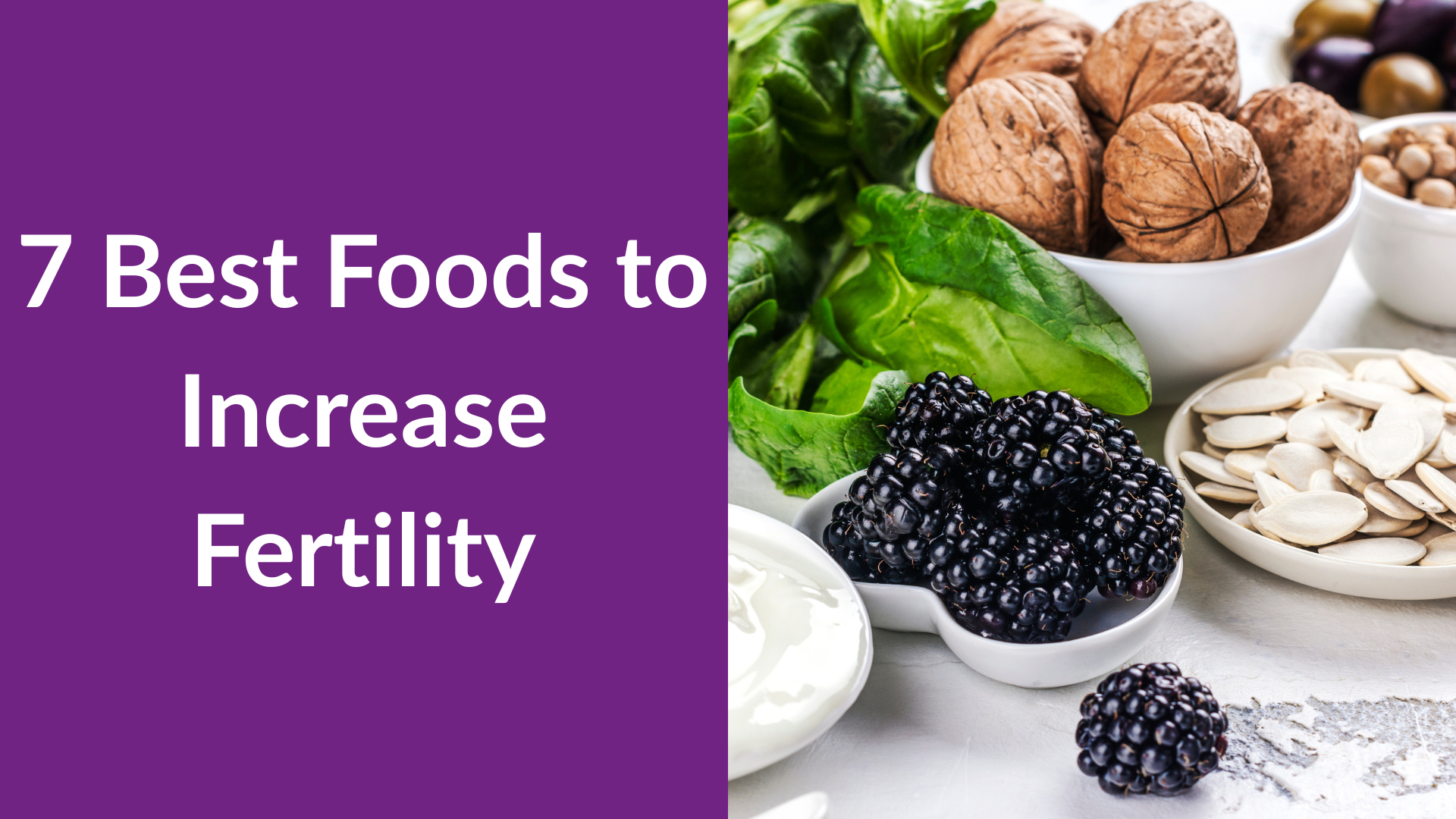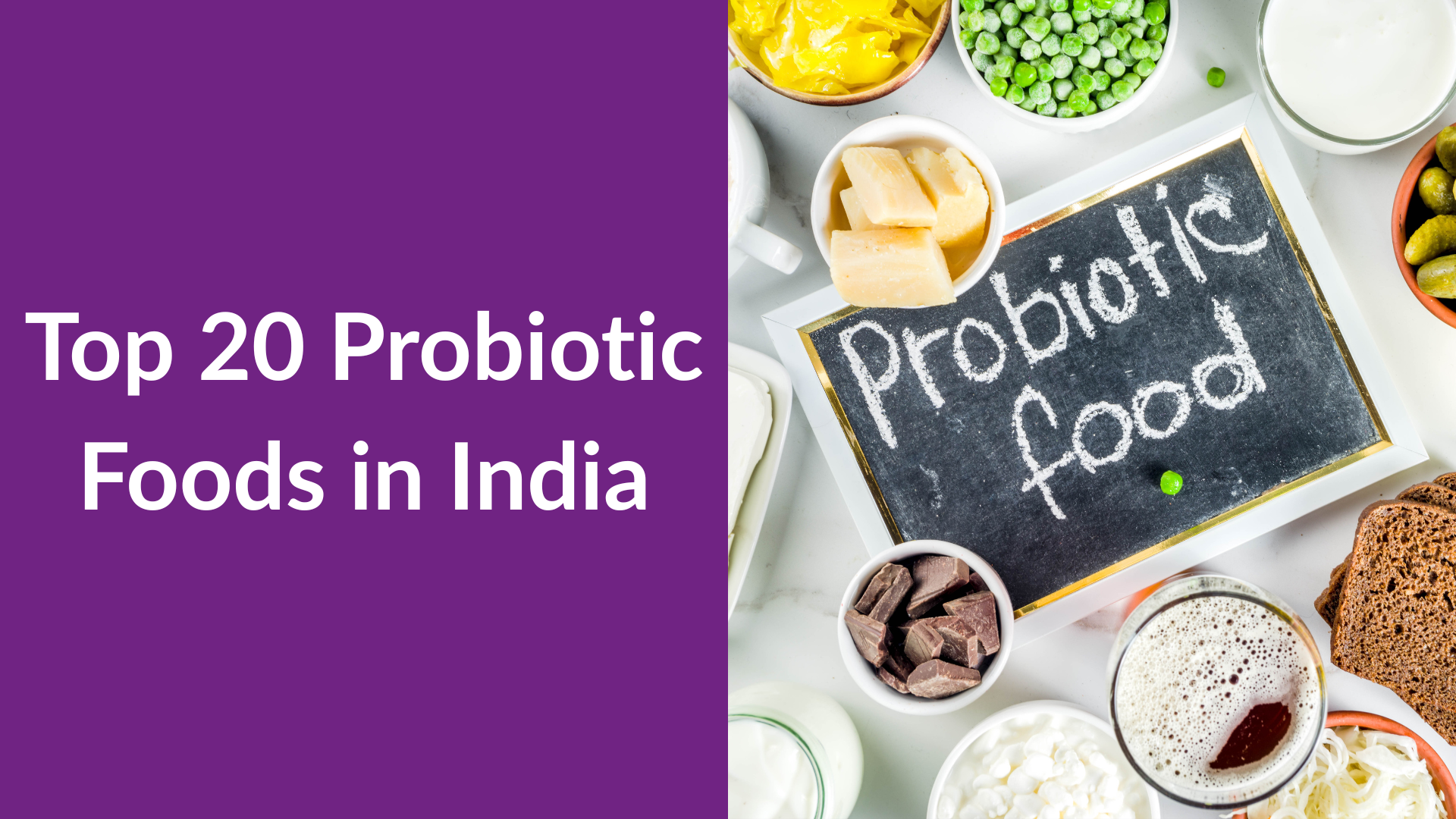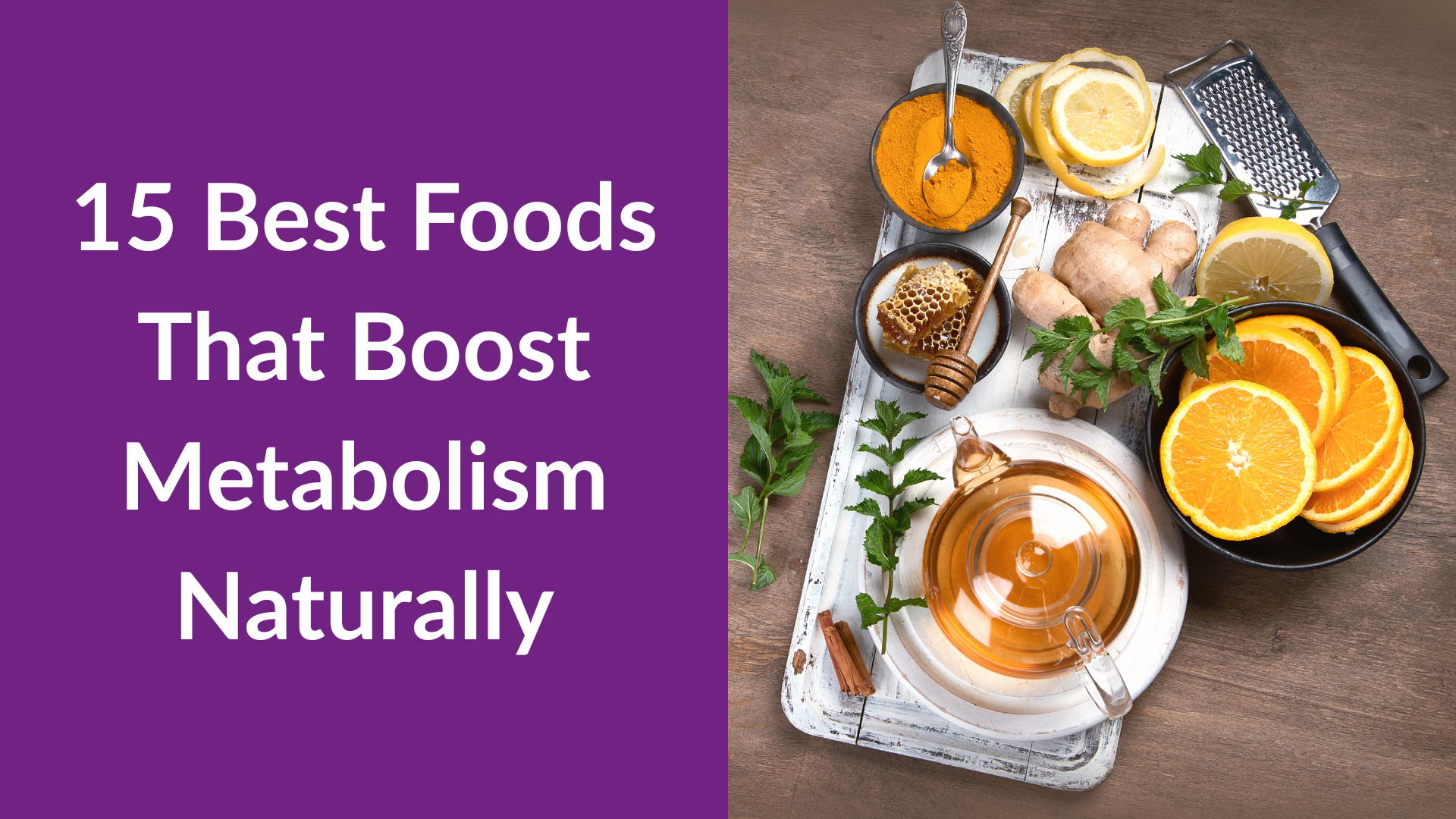When trying to conceive, your diet can play a powerful role in optimizing reproductive health. While food can’t cure underlying infertility conditions, it can significantly support egg and sperm quality, hormone balance, and ovulation — all of which are critical for conception.
This guide covers the 7 best foods to increase fertility, why they work, and how to incorporate them into your daily diet.
Why Diet Matters for Fertility?
Fertility is a concept where hormones, ovulation, egg and sperm health, and reproductive organ plays together to form a baby. Nutrient-rich foods provide the essential building blocks your body needs to regulate these systems. Scientific studies have shown that antioxidants, omega-3 fatty acids, folate, iron, and certain vitamins can positively influence fertility in both men and women.
The 7 Best Fertility-Boosting Foods
1. Leafy Greens (Spinach, Kale, Swiss Chard)


Leafy greens are loaded with folate, which contains a B-vitamin that supports egg maturation, healthy ovulation, and early fetal development for female. Folate also helps reduce the risk of neural tube defects during pregnancy.
Nutrients: Folate, vitamin K, iron, calcium, magnesium, antioxidants
How to eat it: Add a handful to smoothies, salads, or stir-fried dishes daily.
2. Fatty Fish (Salmon, Sardines, Mackerel)
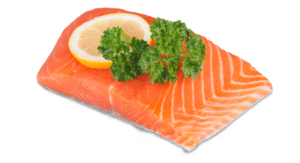

These are rich in omega-3 fatty acids, which enhance egg quality, regulate hormones, and support uterine blood flow. In men, omega-3s improve sperm count and motility.
Nutrients: Omega-3s (EPA & DHA), selenium, vitamin D
How to eat it: Enjoy 2–3 servings per week, preferably wild-caught and low in mercury.
3. Berries (Blueberries, Raspberries, Strawberries)
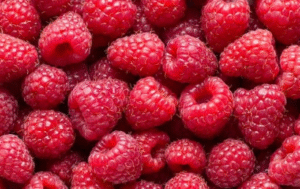

Berries are the best antioxidants ever, that protect reproductive cells from oxidative stress which is a major cause of egg and sperm damage.
Nutrients: Vitamin C, folate, anthocyanins, fiber
How to eat it: Snack on fresh berries, add to oatmeal or blend into fertility-friendly smoothies.
4. Avocados
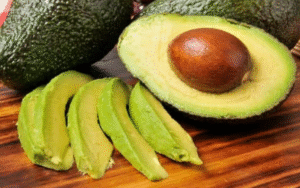

Avocados are high in monounsaturated fats, which support hormone production and improve the body’s absorption of fat-soluble vitamins like E and D.
Nutrients: Healthy fats, folate, potassium, vitamin E, magnesium
How to eat it: Use in salads, spread on toast, or mix into smoothies for a creamy boost.
5. Nuts and Seeds (Walnuts, Almonds, Flax, Chia, Pumpkin Seeds)
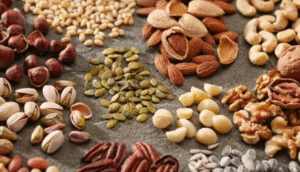

These are rich in zinc, selenium, and vitamin E, which support ovulation in women and sperm structure in men. Omega-3s and plant-based proteins also help balance hormones.
Nutrients: Omega-3s, protein, vitamin E, zinc, selenium
How to eat it: Eat a small handful daily or sprinkle on salads, yogurt, or oatmeal.
6. Legumes (Lentils, Chickpeas, Beans)
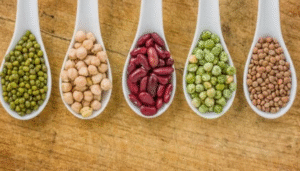

Legumes are an excellent source of plant-based iron and folate, both of which are essential for ovulation and embryo implantation. Research shows women who consume more plant protein have lower rates of ovulatory infertility.
Nutrients: Folate, iron, fiber, polyamines (like spermidine)
How to eat it: Include in soups, stews, grain bowls, or as a meat substitute.
7. Eggs
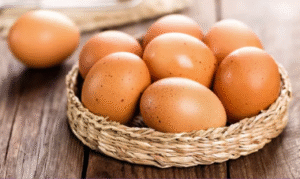

Eggs are one of the most nutrient-dense fertility foods that contain vitamin D, choline, and high-quality protein, which are vital for egg development, hormonal balance, and fetal brain growth.
Nutrients: Protein, vitamin D, choline, selenium, B12
How to eat it: Boiled, poached, or scrambled — enjoy 3–5 eggs per week.
Bonus Fertility-Supportive Foods to Consider
While the above are the top 7, here are other foods shown to improve fertility:
- Full-fat dairy: Supports hormonal balance.
- Beetroot: Enhances uterine blood flow.
- Pomegranate: May increase testosterone and ovarian function.
- Sweet potatoes: Rich in beta-carotene for progesterone production.
- Citrus fruits: High in vitamin C and polyamines.
Foods to Limit or Avoid
Improving fertility isn’t just about what to eat — it’s also about what to avoid. Reduce or eliminate the following:
- Refined sugars and carbs: Can disrupt insulin and hormonal balance.
- Processed meats: Linked to lower sperm quality.
- Trans fats: Interfere with ovulation.
- High-mercury fish (e.g., swordfish, king mackerel): Mercury is toxic to reproductive health.
- Excess alcohol or caffeine: May affect hormone levels and ovulation.
Final Thoughts
Fertility-friendly eating is a powerful, natural way to support conception. Incorporating the 7 best foods to increase fertility can boost reproductive health, regulate hormones, and help you to improve your chances of pregnancy.
Whether you’re just starting your fertility journey or seeking to complement medical treatments, the right foods can be a smart, sustainable part of your plan.

